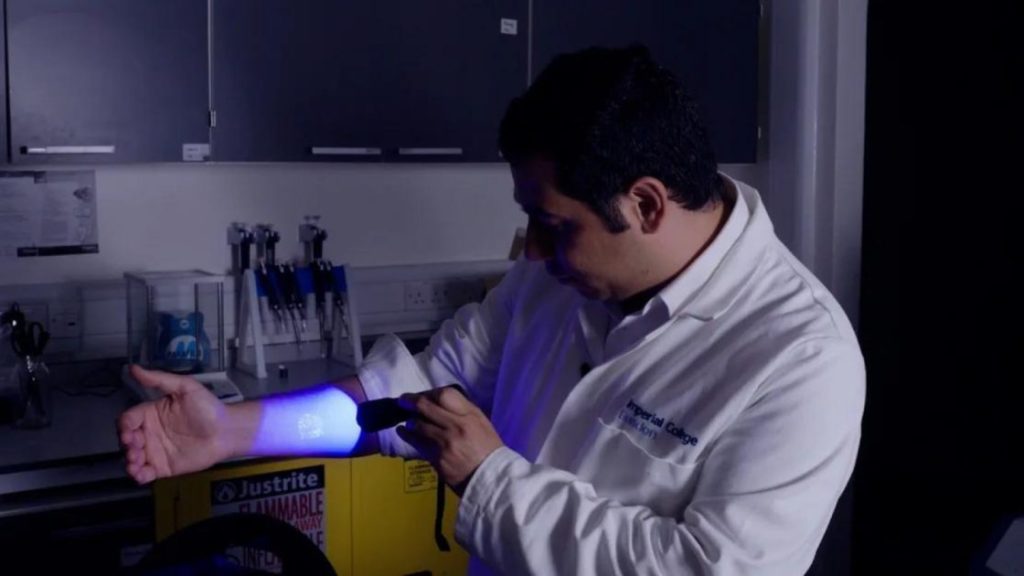Tattoo technology has evolved beyond mere self-expression, as it is increasingly recognized as a reliable tool for tracking health metrics and vital signs.
Smart tattoos are becoming more advanced in tracking health signs, studies show. MIT scientists have made ink for smart tattoos that contains tiny particles. These particles can detect changes in pH levels, which can signal issues like dehydration or metabolic disorders. Also, new flexible electronics allow for smart tattoos that monitor muscle activity, helping with physical performance and recovery. These developments highlight how smart tattoos could change healthcare by monitoring vital health signs easily and without being invasive.
These tattoos, acting like miniature labs on the skin, offer real-time insights into important health indicators like blood pressure, glucose levels, and hydration. By integrating biosensors and special materials, they combine biomedical science with tattoo artistry to revolutionize health monitoring.

The idea of a “Lab on the skin” allows for painless monitoring of bodily functions without invasive medical devices. Pioneers like Ali Yetisen from Imperial College London have developed smart tattoos such as the DermalAbyss, which change color in response to changes in bodily fluids, providing continuous updates on pH levels, sodium, and glucose.
Furthermore, smart tattoos can address external health factors like UV exposure, as shown in Carson Bruns’s research on “solar freckles,” potentially aiding in skin cancer prevention. They also offer promise in cancer treatment by providing a less intrusive alternative to traditional radiation markers.

In 2020, Carson Bruns, an assistant professor of mechanical engineering at the University of Colorado Boulder, contributed to a team that created the “solar freckle,” a light-sensitive tattoo. It appears in sunlight, signaling excessive UV exposure, and fades when sunscreen is applied or when out of sunlight. Bruns has received a prestigious National Science Foundation CAREER Award for research that investigates how the art of tattooing can incorporate the latest advances in nanotechnology to improve human health.
Smart tattoos have big potential applications, from personalized healthcare to space exploration. Human trials are ongoing, indicating progress toward regulatory approval and widespread use. Compared to wearable devices, smart tattoos offer unmatched convenience and permanence, along with being unhackable and not requiring batteries.
- Researchers use AI to make Belgian beer taste better - March 27, 2024
- Researchers introduce RAmBLA as a holistic approach to evaluating biomedical language models - March 26, 2024
- Smart tattoos that monitor health metrics and vital signs - March 25, 2024



